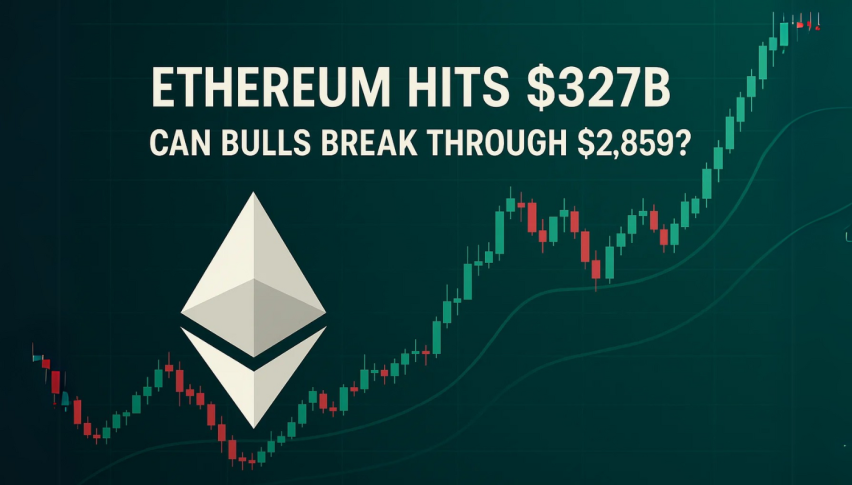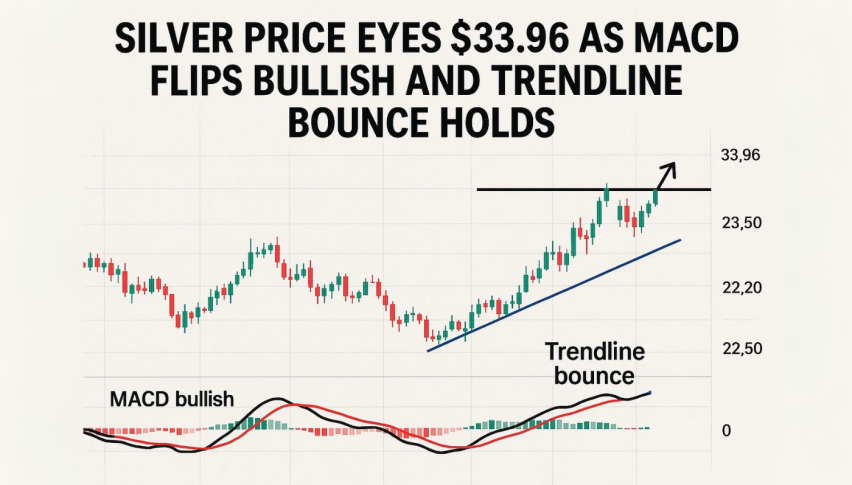Russian Duma Financial Market Chair Suggests Digital Assets Could Supplant Fiat in Global Payments
Anatoly Aksakov, Chairman of the Russian State Duma Committee on the Financial Market, claimed that digital financial assets produced

Anatoly Aksakov, Chairman of the Russian State Duma Committee on the Financial Market, has suggested that digital financial assets, regulated by the central bank, could soon be utilized for international settlements, replacing traditional fiat payment methods. This comes despite the current lack of specific regulations for such applications. Aksakov noted the ongoing preparations by several organizations to implement the recently adopted laws supporting digital financial asset transactions for foreign payments.

President Vladimir Putin has already signed legislation facilitating the use of these digital assets in international commerce. This move aligns with Russia’s strategy to develop alternative payment systems that circumvent traditional ones, which restrict Russia’s access to certain markets due to economic sanctions.
Aksakov emphasized the potential of digital tools to replace existing payment systems, describing the recent legislative developments as “historic.” He highlighted that these assets would allow Russia to bypass the conventional banking system, thus reducing external pressures on financial transactions. He added that, although cryptocurrencies are currently used for international payments without explicit regulatory approval, he is looking to formalize this practice through forthcoming legislation.
The Bank of Russia’s Governor, Elvira Nabiullina, also stated last week that the bank would support a bill to allow foreign cryptocurrency payments under an experimental legal framework.
Russian Duma Leader Explores Digital Assets as Alternatives to Traditional Currency
Russia is considering the use of alternative payment channels to speed up international settlements. The Chairman of the Russian State Duma Committee on the Financial Market, Anatoly Aksakov, anticipates the use of digital financial assets for foreign payments starting this year.
Russian President Vladimir Putin recently signed a law governing the use of digital financial assets for these transactions. Aksakov stated that institutions were interested in hiring them for this use case. “I know that several organizations are now preparing mechanisms for implementing the adopted decisions,” he went on to say.
Furthermore, Aksakov believes that these digital tools will be useful for replacing the present payment systems that limit Russia’s access to some markets.
This will likely become a viable route for replacing fiat currency in international commerce. Aksakov had planned to use these assets to avoid economic sanctions since the passage of the statute permitting these transactions.
At the time, he described the measure as “historic,” stating that it would allow circumventing the banking system to reduce external influence on payments. “Today, such payments go through the banking system, and they are visible to enemies who put pressure on banks,” he said. He acknowledged the use of cryptocurrencies for international payments, even in the absence of regulatory approval. However, he hopes to draft a regulation to limit these payments.
Last week, Elvira Nabiullina, Governor of the Bank of Russia, announced that the bank would support a bill allowing foreign cryptocurrency payments, but only under an experimental regime.
- Check out our free forex signals
- Follow the top economic events on FX Leaders economic calendar
- Trade better, discover more Forex Trading Strategies
- Open a FREE Trading Account



